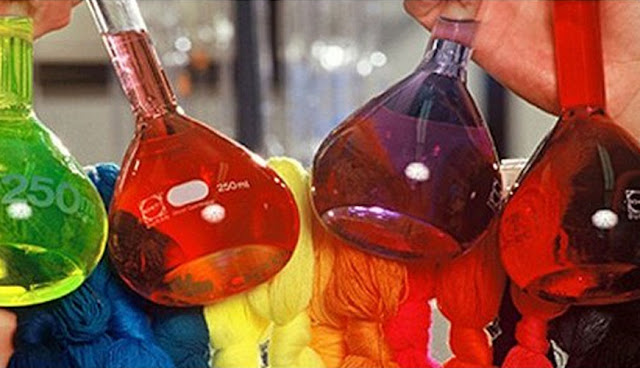Advanced Ceramics: Engineering Marvels Of The Modern Age
 |
| Advanced Ceramics |
This property contributes to longer component lifespan,
reduced maintenance, and increased efficiency. High Temperature Stability: Advanced Ceramics exhibit
excellent thermal stability and can withstand extreme temperatures without
significant degradation. They have low thermal expansion coefficients, meaning
they maintain their shape and structural integrity even at high temperatures.
This characteristic makes them valuable in industries like aerospace, energy,
and electronics, where materials must endure high heat conditions.
They are resistant to acids, alkalis, and various chemicals, making them suitable for applications in chemical processing, pharmaceuticals, and oil and gas industries. Their resistance to chemical attack ensures the longevity and reliability of components. Biocompatibility: Certain Advanced Ceramics, such as bioactive ceramics, are biocompatible and can interact positively with living tissues. This property makes them suitable for medical and dental applications, including implants, prosthetics, and bone substitutes. They can integrate with surrounding tissues, promoting healing and offering long-term functionality.
Low Friction and Wear Resistance: Some advanced ceramics exhibit low
friction coefficients and exceptional wear resistance. These properties make
them ideal for applications where reduced friction and increased durability are
required, such as in bearings, seals, and cutting tools.
Aerospace Industry: Advanced Ceramics
play a crucial role in the aerospace industry, where high-performance materials
are essential for demanding applications. They are used in components such as
turbine blades, heat shields, rocket nozzles, and insulating tiles for space
shuttles. The exceptional strength, thermal stability, and lightweight nature
of advanced ceramics make them valuable in enhancing aircraft performance and
fuel efficiency.
Electronics and Semiconductor Industry: The electronics and
semiconductor industries rely heavily on advanced ceramics for various
applications. They are used in electronic substrates, insulators, circuit
boards, and packaging materials. Advanced ceramics provide excellent electrical
insulation, high-temperature resistance, and compatibility with semiconductor
manufacturing processes.
Medical and Healthcare Sector: Advanced
Ceramics are extensively used in the medical and healthcare sectors. They
are utilized in dental implants, artificial joints, surgical instruments, and
diagnostic equipment. Advanced ceramics offer biocompatibility, corrosion
resistance, and the ability to mimic the properties of natural tissues, making
them valuable in medical implant technology.
Energy Generation and Storage: Advanced ceramics contribute to advancements in energy generation and storage technologies. They are used in fuel cells, batteries, solar cells, and gas turbines. The exceptional thermal stability, chemical resistance, and electrical properties of advanced ceramics make them essential for efficient and sustainable energy solutions.
Automotive Industry: The automotive industry benefits from advanced
ceramics in several ways. They are used in engine components, exhaust systems,
catalytic converters, and sensors. Advanced ceramics provide lightweight
solutions, improved fuel efficiency, high-temperature resistance, and reduced
emissions in automobiles.


Comments
Post a Comment